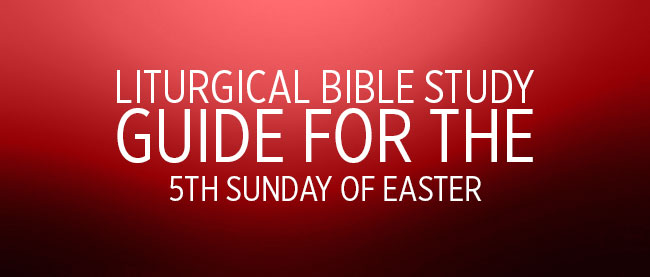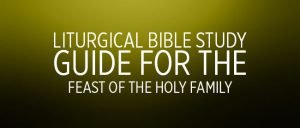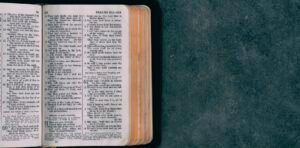1st Reading – Acts 6:1-7
A new section of the Acts of the Apostles begins with our reading for today. We are introduced to two groups in the early community, identified by their background prior to conversion – the Hellenists, and the Hebrews. From this chapter onward, Christians are referred to as “disciples”; this term is no longer applied only to the apostles and to those who were adherents to Jesus during His life on earth – all the baptized are now disciples. Jesus is the Lord of His Church and the Teacher of all: after His ascension into heaven He teaches, sanctifies and governs Christians through the ministry of the apostles initially, and after the apostles’ death, through the ministry of their successors, the Pope and the Bishops, who are aided by priests.
Hellenists were Jews who had been born and lived for a time outside Palestine. They spoke Greek and had synagogues of their own where the Greek translation of Scripture (the Septuagint) was used. The Hebrews were Jews born in Palestine; they spoke Aramaic and used the Hebrew Bible in their synagogues. This difference of backgrounds naturally carried over into the Christian community during its early years.
This chapter relates the establishment by the apostles of “the seven”: this is the second identifiable group of disciples entrusted with a ministry in the Church, the first being “the twelve”. It is clear that the seven have been given a public role in the community, a role which extends beyond distribution of relief; Philip and Stephen preach and baptize as well.
Saint Luke uses the term diakonia but he doesn’t call the seven “deacons” (diakonoi). Nor do later ancient writers imply that these seven were deacons in the sense of the word today, constituting with priests and bishops the hierarchy of the Church. It is possible that the ministry described in the Acts of the Apostles for these diakonia played a part in the instituting of the diaconate proper.
2nd Reading – 1 Peter 2:4-9
The newly baptized are like babies recently born to a new life of grace. Just as little children clamor for their food, Christians should long for the spiritual nourishment that lies in the Word of God and the sacraments. Baptism makes us members of the Church. Saint Peter uses the idea of constructing a building to explain that Christians together go to make up the one, true people of God.
Gospel – John 14:1-12
Today’s reading takes place at the Last Supper – just after Judas has left and Jesus has told the remaining eleven that He must soon depart too. This reading has been called “Jesus is the way to the Father”. The reading opens and closes with the commands to believe in God and believe in Jesus. It makes the claim that, if one will not believe Jesus’ words, then his “works” should provide the grounds for knowing the Jesus and the Father are one.





